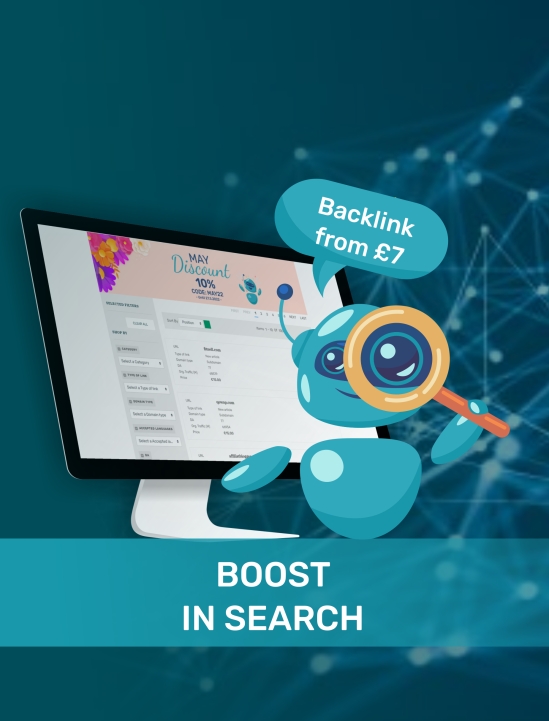Artificial intelligence (AI) continues to redefine industries, enabling businesses to optimize operations, enhance customer experiences, and increase revenue. Among the most transformative applications of AI are AI agent—autonomous, intelligent systems designed to perform specific tasks with minimal human intervention. From powering platforms to creating sales and support solutions, these agents are the backbone of next-generation innovation.
In this article, we’ll delve deep into the following topics:
- What are AI agents and their significance?
- How to build AI platforms.
- Specialized AI agents for sales and customer support.
Understanding AI Agents
AI agents are software programs that utilize machine learning, natural language processing (NLP), and advanced algorithms to interpret data, make decisions, and execute actions. Whether integrated into virtual assistants or deployed as standalone systems, these agents bring remarkable efficiency to tasks previously reliant on manual input.
For example:
- AI Sales Agents can analyze customer data, predict buying behavior, and offer personalized recommendations.
- AI Support Agents enhance user experiences through 24/7 assistance, handling customer inquiries, and troubleshooting.
The Role of AI Platforms
To maximize the potential of AI agents, companies often turn to AI platforms. These platforms provide the necessary infrastructure and tools to design, train, and deploy intelligent agents.
Key features of an AI platform include:
- Data integration: Seamlessly connects with various data sources to supply agents with rich datasets.
- Customizability: Allows businesses to tailor agents to their unique needs.
- Scalability: Ensures systems grow alongside business demands.
Popular AI platforms like TensorFlow, OpenAI’s API, and Azure AI empower developers to construct versatile agents capable of addressing diverse challenges across industries.
How to Build AI Agents
Creating an AI agent involves several steps:
- Define the purpose: Specify the agent’s role—sales, customer support, or process automation.
- Collect and preprocess data: High-quality, clean data is crucial for training the AI.
- Choose a model architecture: Select an appropriate AI model, such as a decision tree, neural network, or transformer.
- Train and test: Use historical data to train the agent and evaluate its performance through rigorous testing.
- Deploy and monitor: Once deployed, continuous monitoring ensures the agent adapts to new challenges.
AI Sales Agents: Revolutionizing Revenue Generation
Sales agents powered by AI redefine how businesses approach potential and existing customers. These agents analyze vast datasets to identify patterns, forecast trends, and optimize pricing strategies. Their ability to provide actionable insights enables sales teams to focus on building relationships rather than analyzing spreadsheets.
Notable capabilities include:
- Lead scoring and qualification.
- Personalized product recommendations.
- Automated follow-ups and reminders.
AI Support Agents: Elevating Customer Experience
Customer support is another area where AI agents shine. These systems handle routine queries, troubleshoot issues, and even escalate complex problems to human agents when necessary. They reduce response times, improve accuracy, and ensure customer satisfaction.
Core benefits:
- 24/7 availability.
- Multilingual support.
- Cost-effective operations.
Future Prospects of AI Agents
As AI continues to advance, the possibilities for AI agents are limitless. Innovations like conversational AI, sentiment analysis, and predictive analytics will further enhance their capabilities, making them indispensable tools for businesses worldwide.



